This leads to the requirement that teachers must have a firm grasp of any texts that students have never studied. According to some teachers, choosing the "perfect" text according to the long-standing concept is becoming increasingly scarce and difficult. This raises the question: Can teachers prepare their own text to include in literature tests to avoid "duplication"?
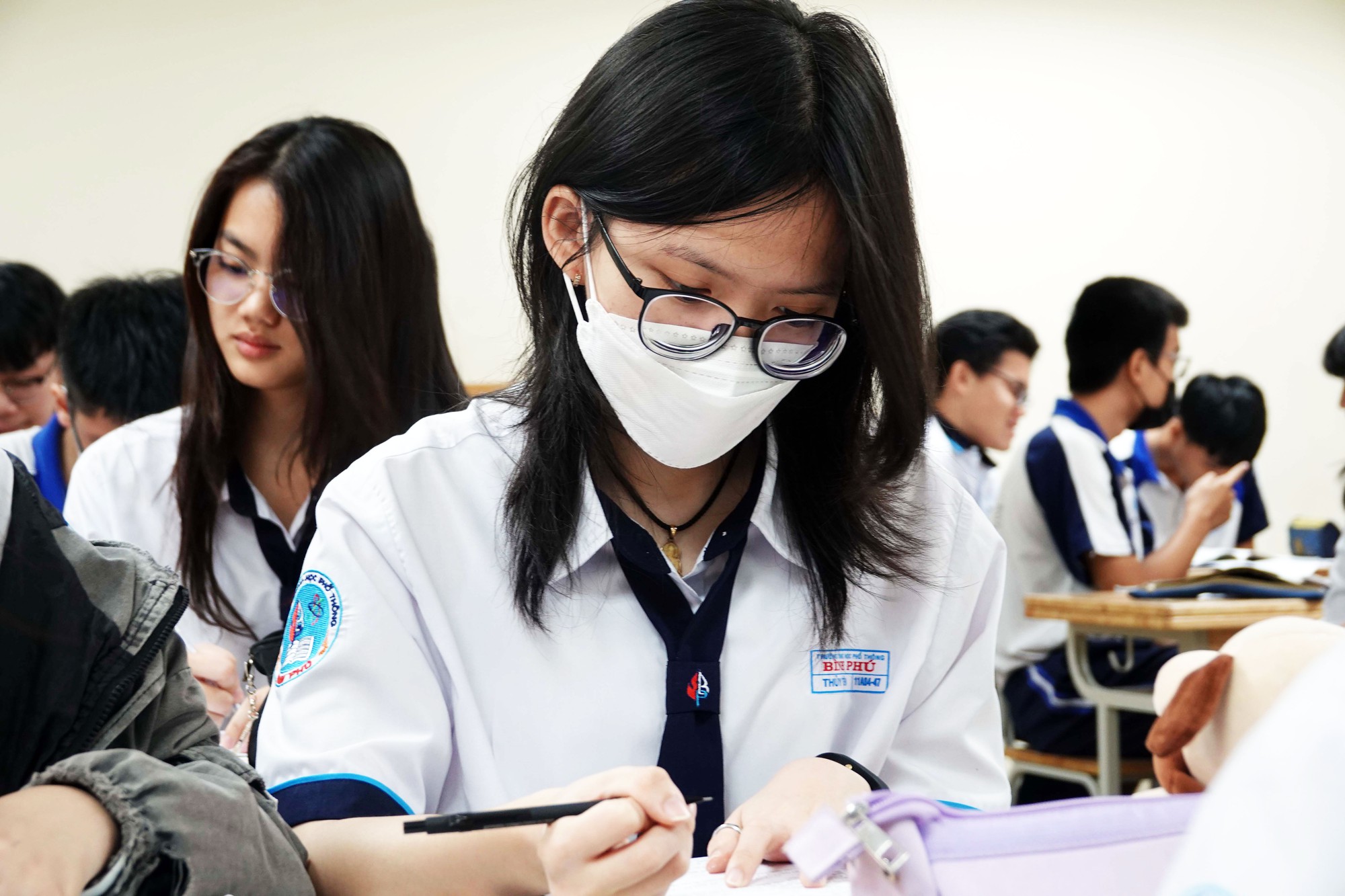
11th grade students in a literature class according to the new General Education Program
WHEN TEACHERS ARE ALSO CREATORS
It is a common practice for teachers to use texts from reputable poets, writers, and authors. Many teachers ask, if they have a talent for writing, have published many good collections of poems, stories, and articles of their own; can they use this material in the test?
Some teachers believe that preparing their own materials for the test will stimulate their creativity in teaching literature. Students will find it more interesting to do the test if the text is good and meaningful. Teachers can also temporarily solve part of the problem of choosing materials when making the test. With their own materials, teachers will also have a firm grasp of the content of the text, and the questions and answers will be marked more accurately.
The argument that learning literature requires knowledge of literary authors, and that the works of those authors should be included in the test is not entirely correct. In fact, according to observations, many current tests have very new material, very strange authors, and the sources are also unreliable because they are taken from social networking sites.
Meanwhile, reality has also shown that in order to facilitate the establishment of the exam topic and the way of asking questions, many of the documents in the exam questions in important exams are created by the exam department itself. For example, the 10th grade entrance exam for literature in Ho Chi Minh City in the 2023-2024 school year had a text created by the exam maker with the author being "My teacher".
Even in the new 10th and 11th grade literature textbooks, there are many texts that the group of authors who compiled the books also created themselves. For example, the article Concept of idols (Literature 10, Creative Horizons series), or the article Some features of Nam Cao's narrative art in the short story Surplus Life (Literature 11, Connecting knowledge with life series). If you look for external materials, it will be difficult to perfectly meet the requirements according to the lesson's orientation.
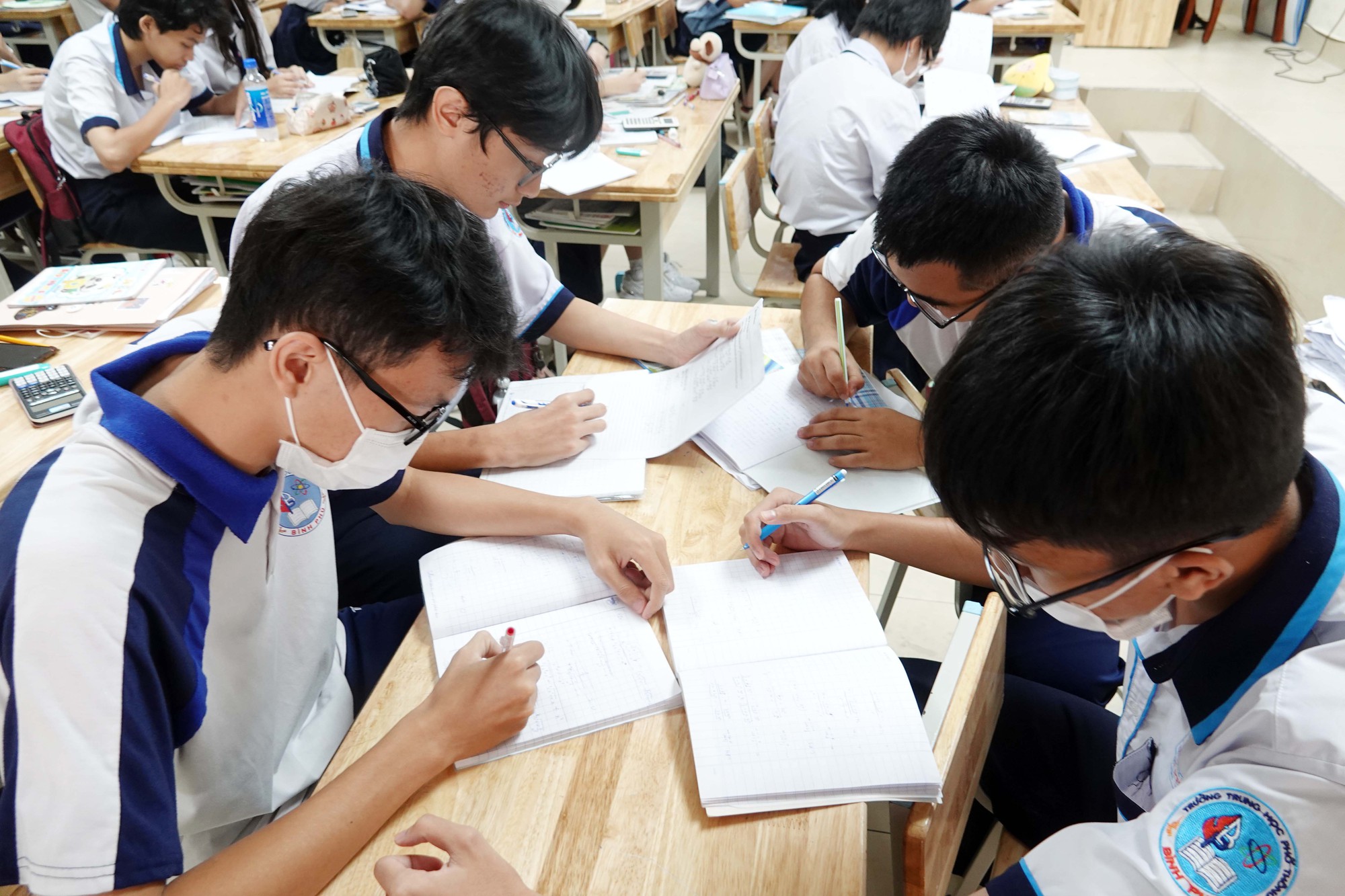
The spirit of the assessment test based on the competency of literature subject according to the new general education program is not to reuse the text taught to students to create test questions.
DO NOT REUSE TEACHED TEXT TO MAKE TEST QUESTIONS
Master Tran Tien Thanh, a literature specialist at the Ho Chi Minh City Department of Education and Training, said there are legal grounds for "taking new materials, outside of textbooks" in testing and evaluating literature.
Specifically, in the 2018 literature program (pages 86-87), there are instructions on assessing educational outcomes: "In assessing learning outcomes at the end of the school year and at the end of the school level, it is necessary to innovate assessment methods (question structure, question posing, difficulty level analysis...); use and exploit materials to ensure the requirements of assessing students' abilities, overcome the situation where students only memorize lessons or copy available documents; avoid reusing previously learned materials to accurately assess the ability to read, understand, analyze and appreciate literary works".
In Official Dispatch No. 3175/BGDĐT-GDTrH dated July 21, 2022 on guidelines for innovating teaching methods and testing and evaluating literature subjects, it is clearly stated: "In evaluating learning outcomes at the end of the semester, the end of the school year, and the end of the grade, avoid reusing texts learned in textbooks as materials for constructing reading and writing tests to accurately assess students' abilities, overcoming the situation where students only memorize lessons or copy content from available documents".
Thus, according to Master Thanh, the spirit of competency-based assessment (specifically here, the "reading comprehension" and "writing" competencies) is not to reuse the text that has been taught to students to create test questions. Students need to apply the knowledge and skills they have learned and practiced to "read and understand", "analyze and perceive" a new text.
We also see that the literature questions of the high school graduation exam, the 10th grade entrance exam of some provinces and cities (although following the 2006 program), the "reading comprehension" section also uses texts outside the textbook to assess students' reading comprehension ability. This is a step of innovation in testing according to the capacity development orientation to approach the new program. The types of texts chosen for the questions are also diverse, literary texts, informational texts, argumentative texts. Thus, according to Mr. Tran Tien Thanh, choosing new materials to create exam questions, test questions for the "reading comprehension" section is not a very new or surprising requirement, but this requirement we have implemented for many years.
In some cases, for students who read widely, read a lot, and diligently practice reading comprehension skills, the text the teacher chooses to give questions may have been read and are familiar with. This is a coincidental situation.
"So what needs to be done is that teachers do not re-issue texts that they have taught and given students to practice. As for texts that students read and learn on their own from many different sources, it is difficult for teachers to know all of them to avoid when creating questions," Mr. Thanh emphasized.
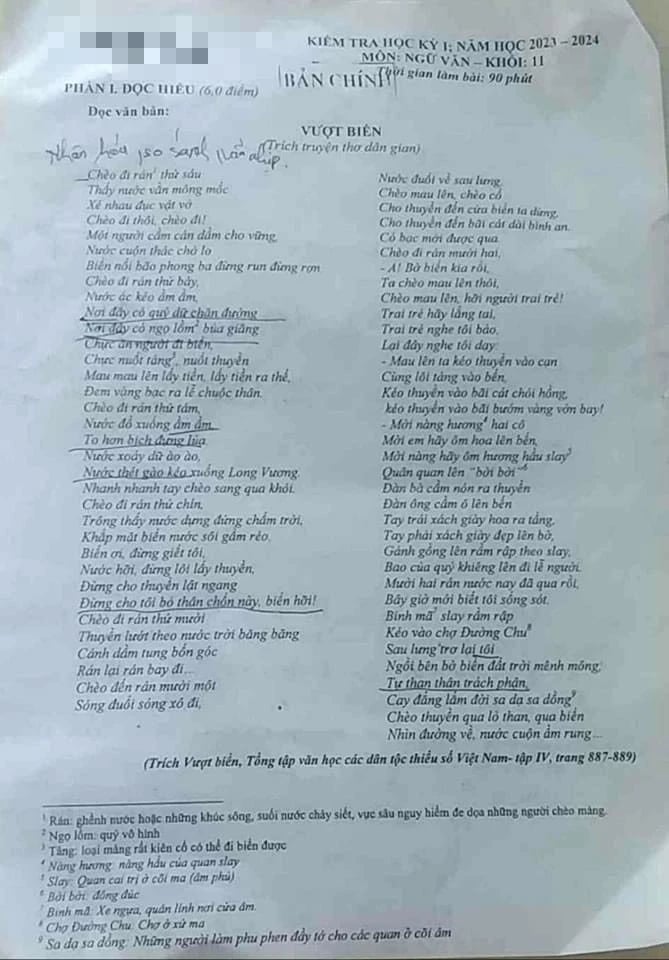
The first semester literature test for 11th graders at a school in Ho Chi Minh City caused controversy because the material included excerpts of up to 70 poetic lines.
CRITERIA FOR SELECTING MATERIALS
Master Tran Tien Thanh said that the criteria for selecting materials are based on and referring to texts in textbooks; building a question bank and a common corpus to create questions; selecting materials must be associated with processing materials such as cutting, quoting, footnotes, adding notes, providing information about the context (if necessary) ... to support students in reading and understanding the text. Pay attention to the difficulty, the capacity, the suitability between the time to do the test, the materials and the requirements. The materials may be short but difficult, the materials may be long but easy due to the relationship between grammar structure, vocabulary, terms, content (familiar or new, specialized).
Regarding the fact that some teachers want to prepare their own materials to set questions, according to Master Tran Tien Thanh, teachers may think that the materials (informational texts; argumentative texts; poems, stories) they write meet all the requirements regarding ideology, aesthetic value, educational value, and fully meet the requirements regarding genre characteristics. However, to be objective, such materials need to be independently assessed and criticized before being used to set questions.
"Teachers can send informational documents; argumentative documents, poems and stories they have written to publishers, newspapers and radio stations for appraisal, posting, publication or send them to experts for appraisal and criticism. These are effective channels and ways to appraise the value of the materials that teachers have compiled themselves. After establishing a data warehouse that meets the requirements, we can select and use them to create questions. If we use materials that have not been screened, appraised and criticized to create questions, it is unscientific and has many potential risks of errors. Reality shows that using materials from books and newspapers by reputable authors is more convenient and effective than teachers compiling their own materials," emphasized Master Tran Tien Thanh.
From December 18 to 30, high school students in Ho Chi Minh City will begin the semester examination period of the 2023-2024 school year. High school principals said that the semester examination will be compiled according to the orientation of the 2018 General Education Program, in which the application of knowledge to solve specific requirements and practical situations will be enhanced.
Literature test questions often attract the attention of students and teachers. According to the regulations of the 2018 General Education Program, the reading comprehension materials must be texts outside of textbooks.
On December 18, on a forum of students in Ho Chi Minh City, many students and teachers expressed their agreement with the 10th grade literature test of Nguyen Thuong Hien High School (Tan Binh District). Teacher Phan The Hoai, Binh Hung Hoa High School (Binh Tan District), commented that the test material was an informative text that was close and practical for students.
Bich Thanh
Source link


![[Photo] Thousands of Buddhists wait to worship Buddha's relics in Binh Chanh district](https://vstatic.vietnam.vn/vietnam/resource/IMAGE/2025/5/3/e25a3fc76a6b41a5ac5ddb93627f4a7a)





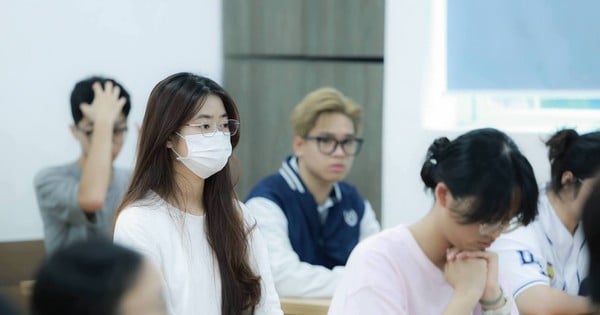

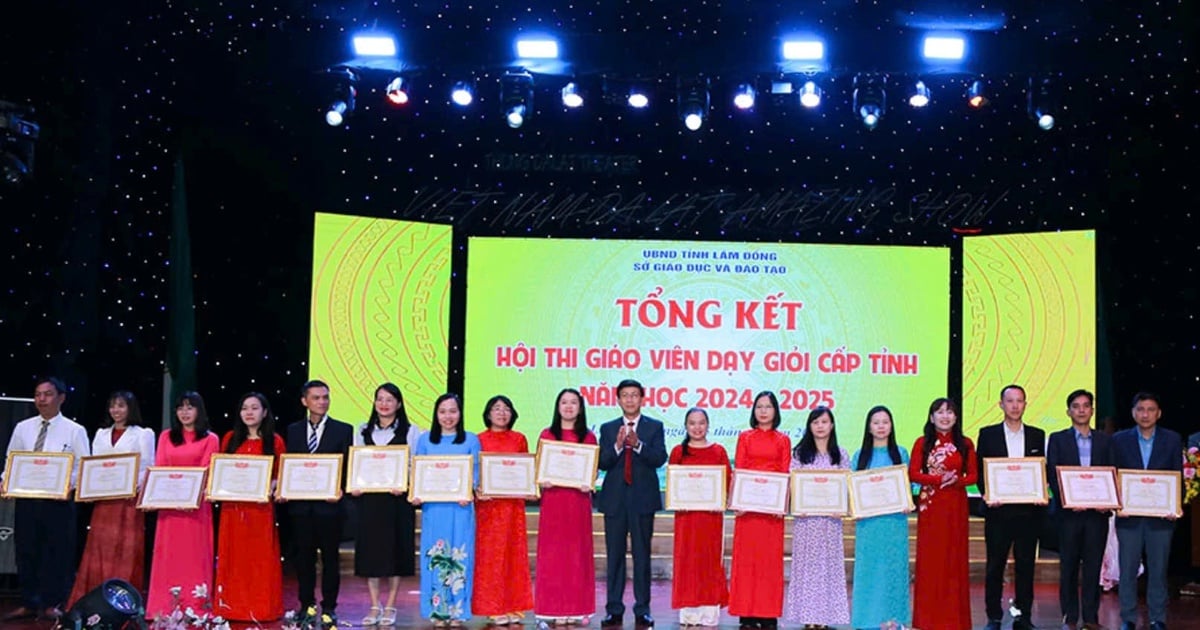
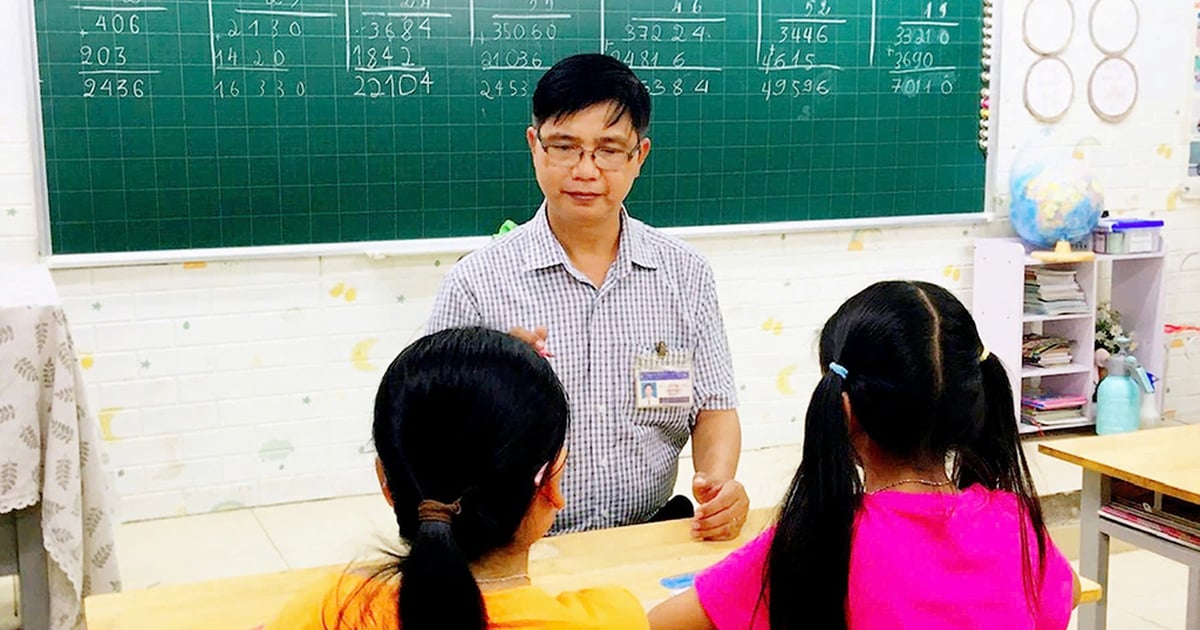
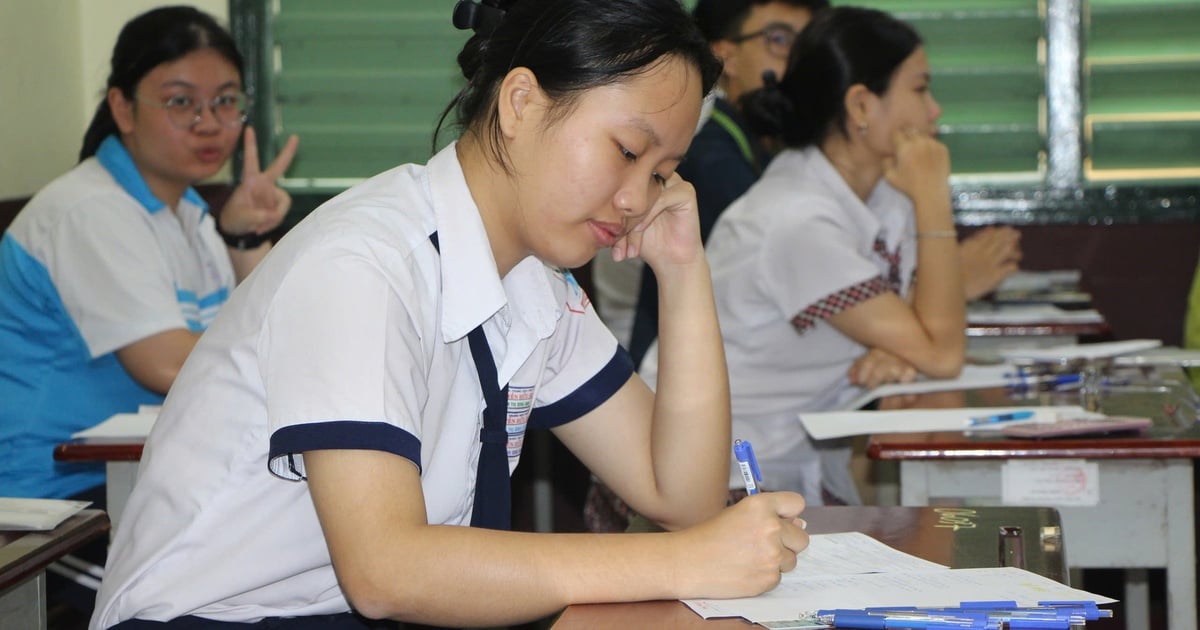
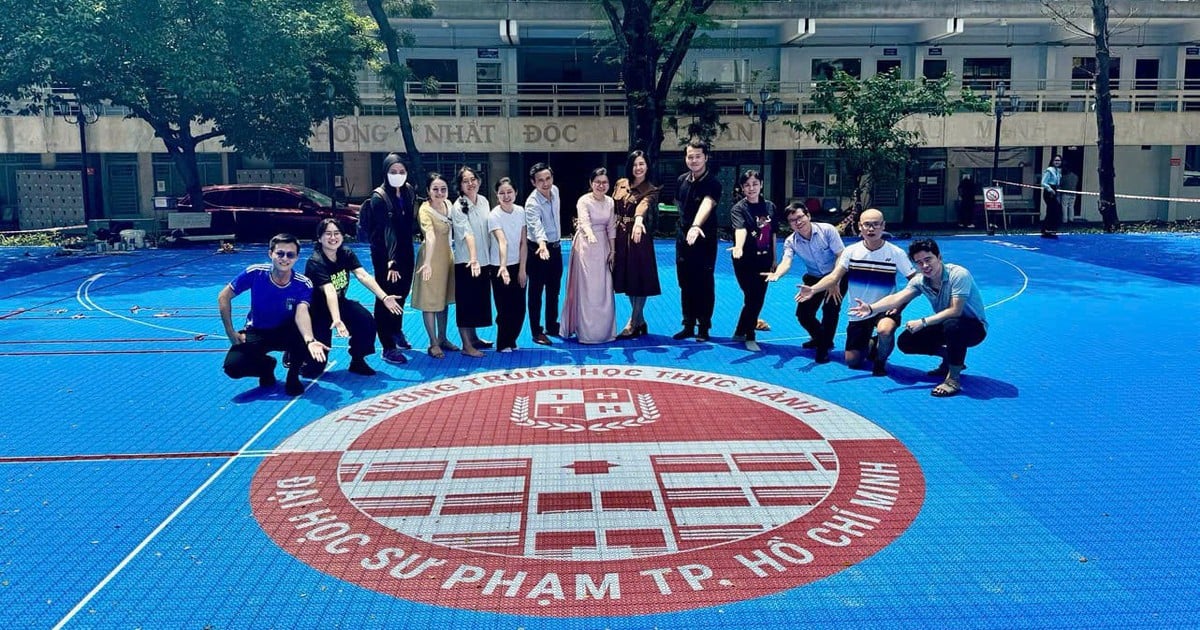
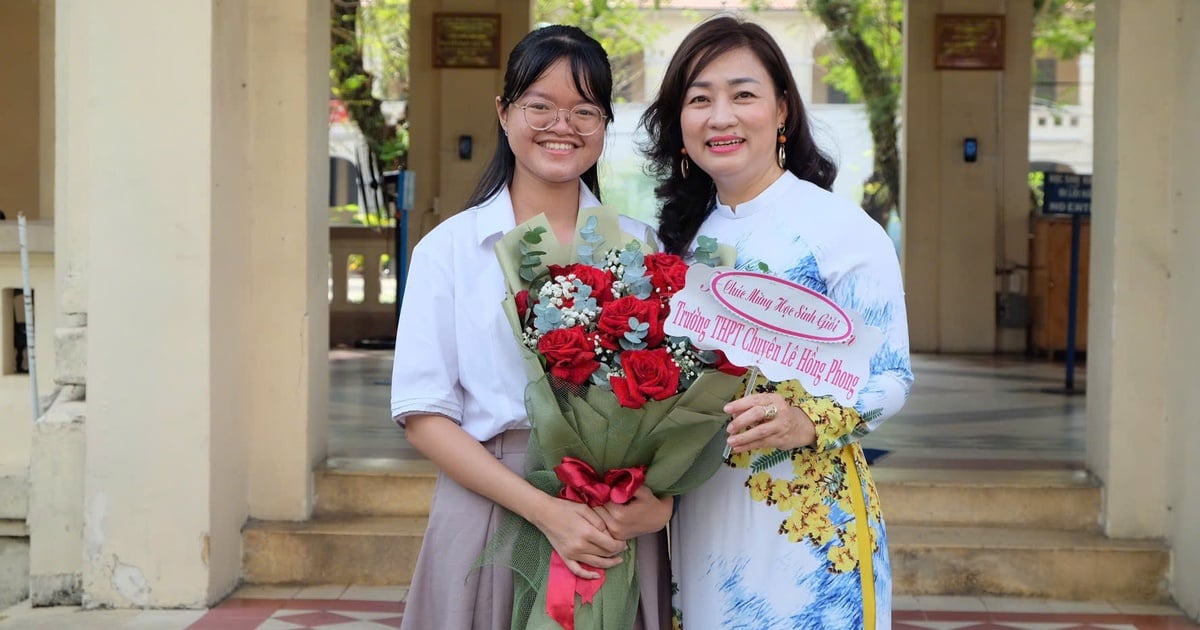


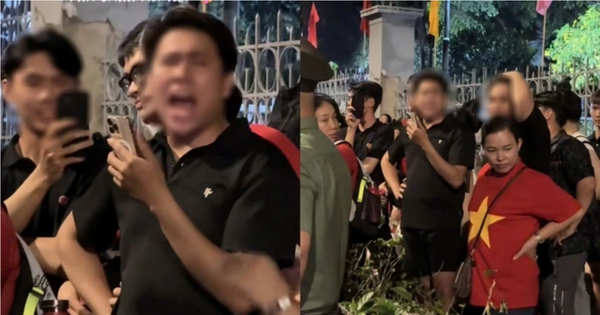
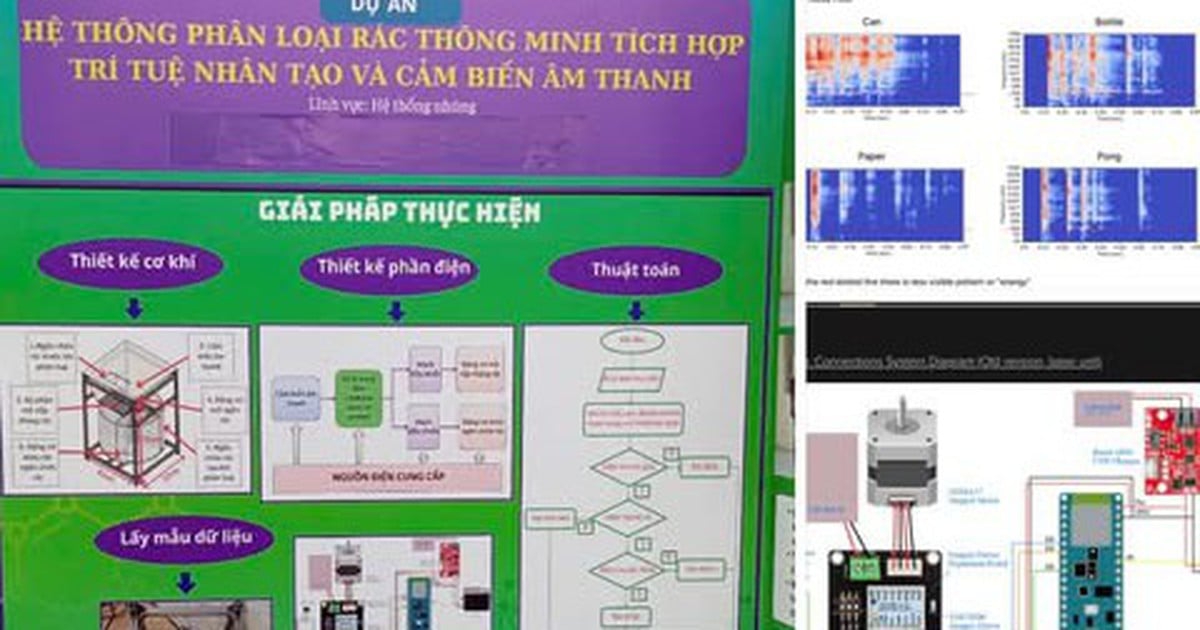
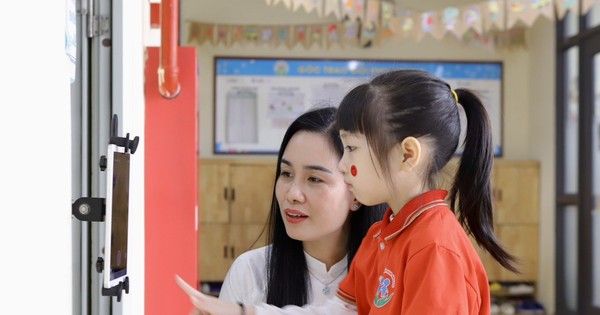
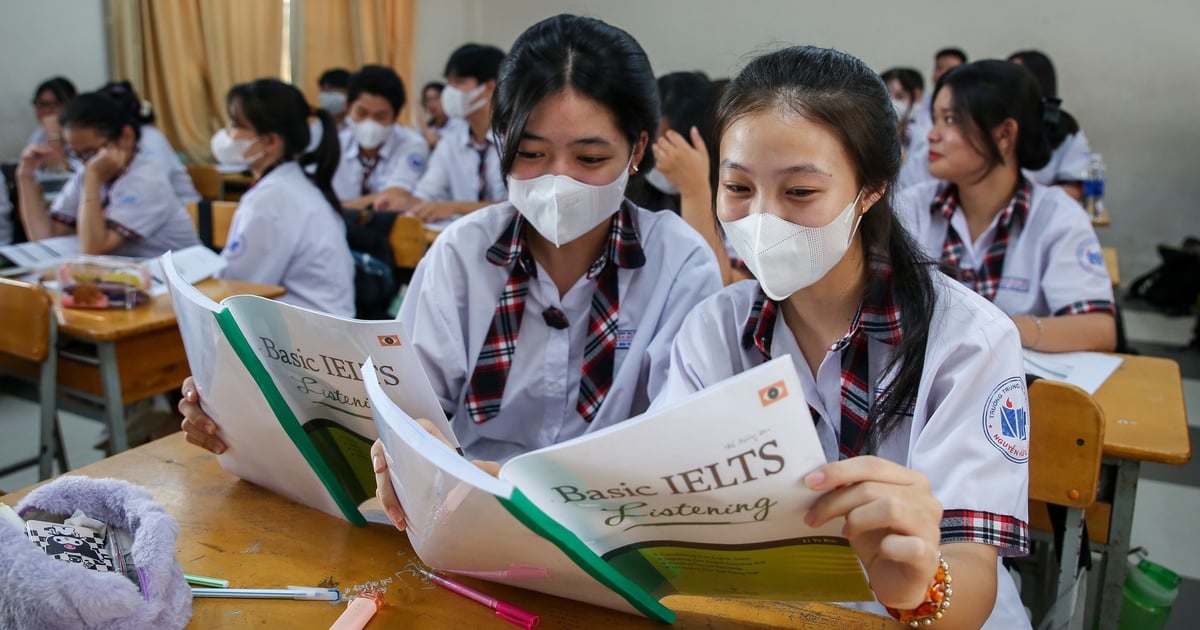

















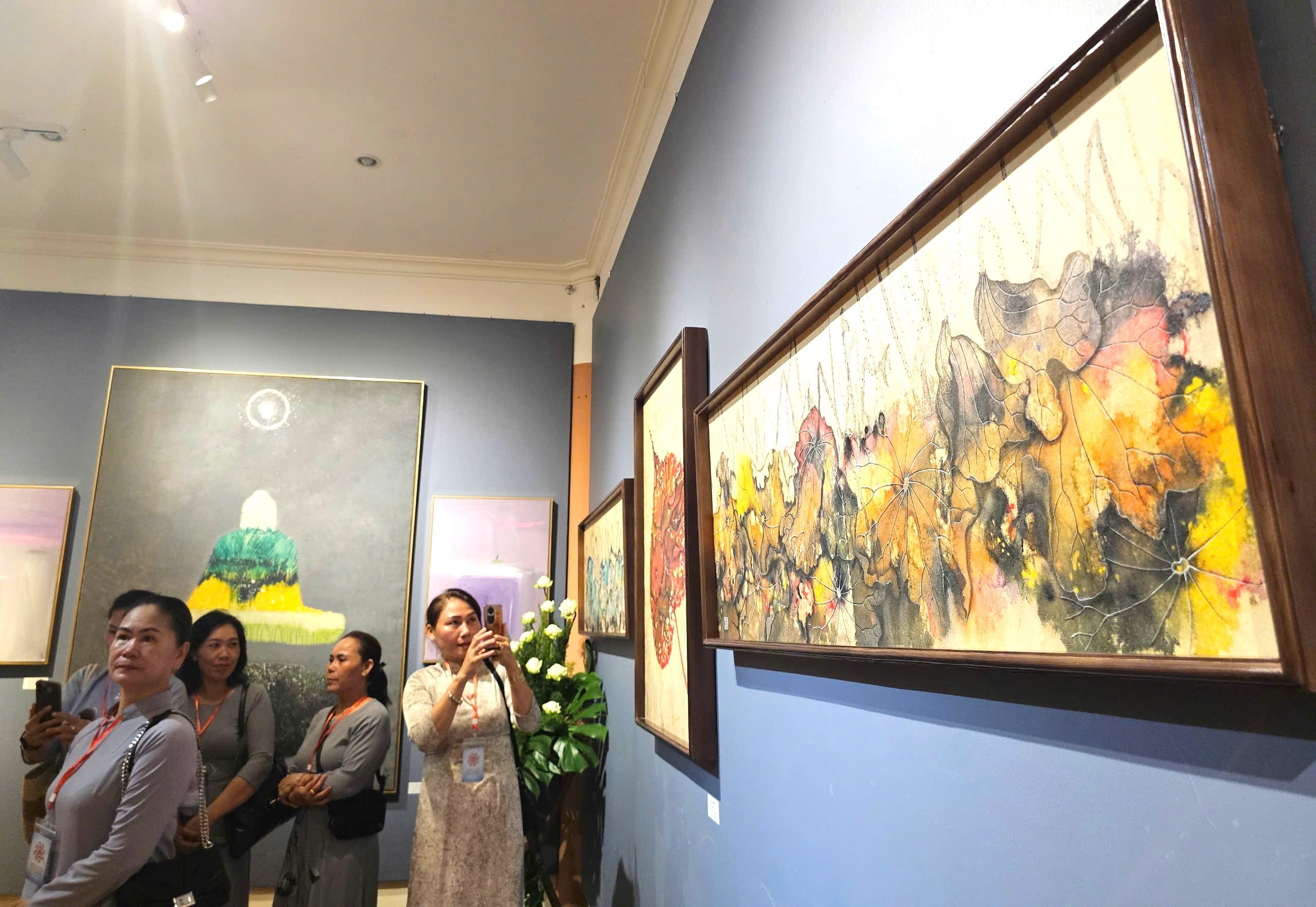



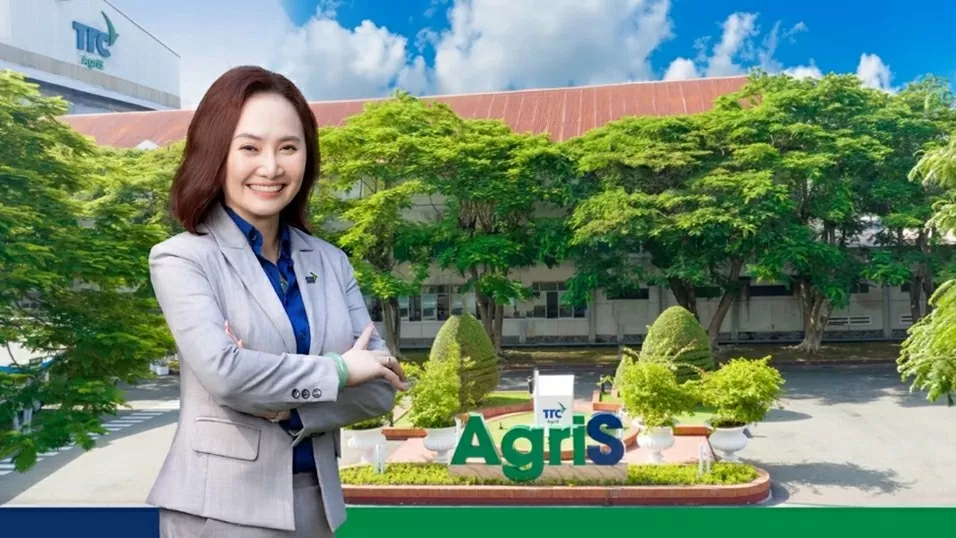



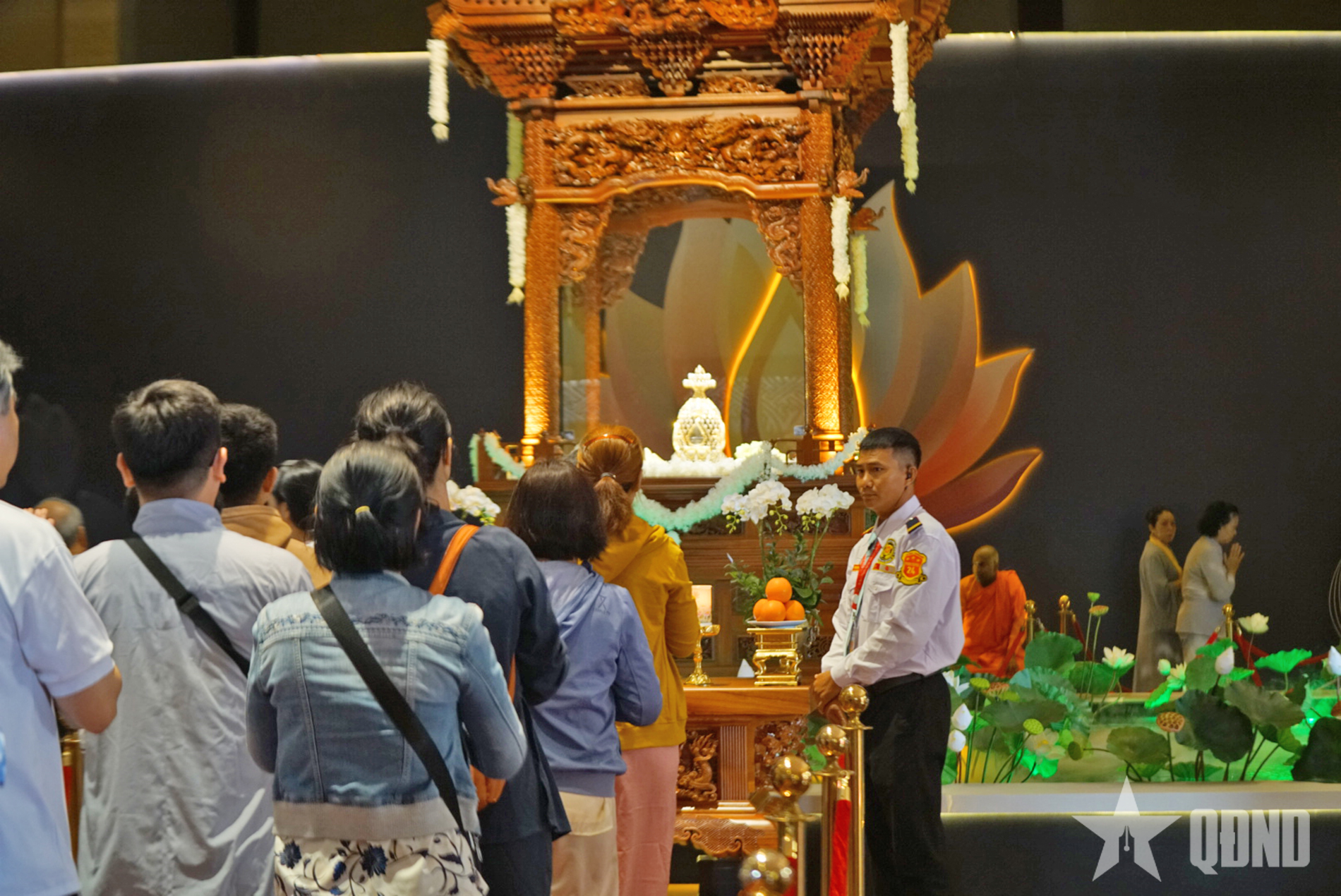

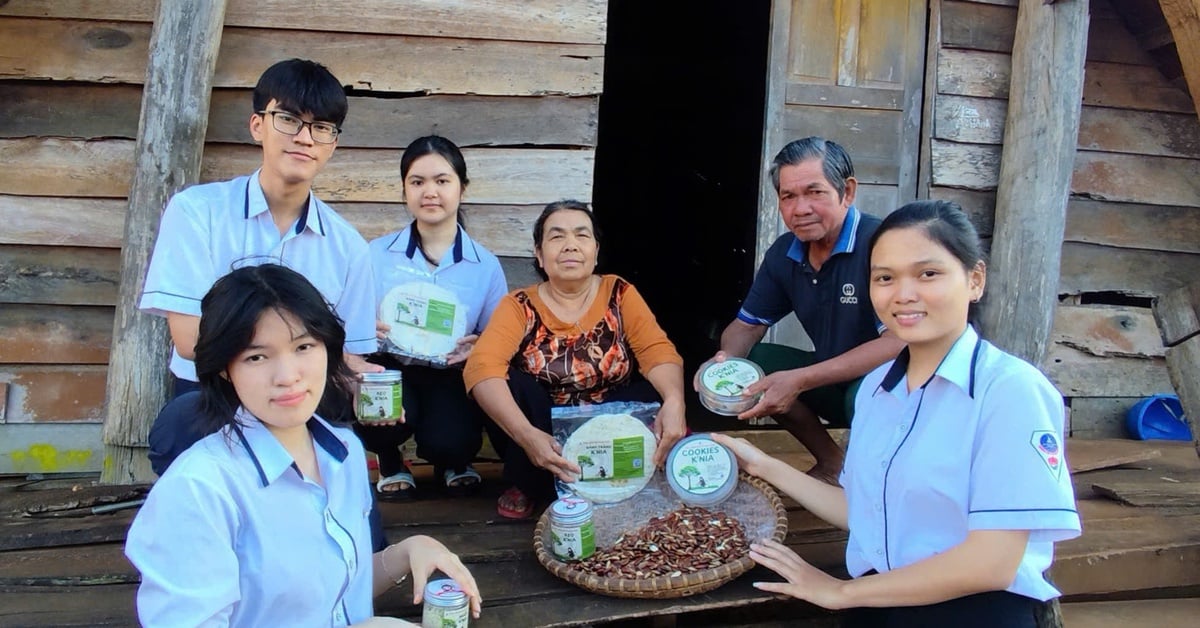
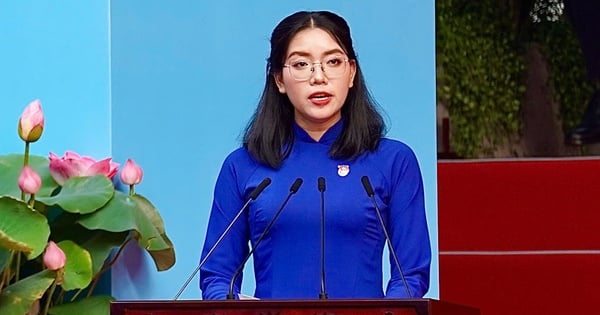













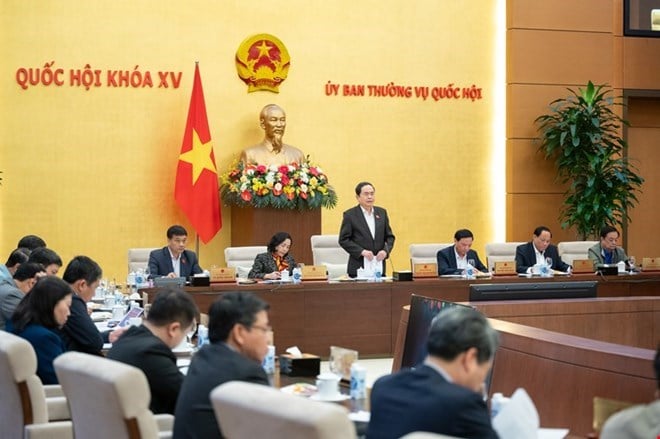
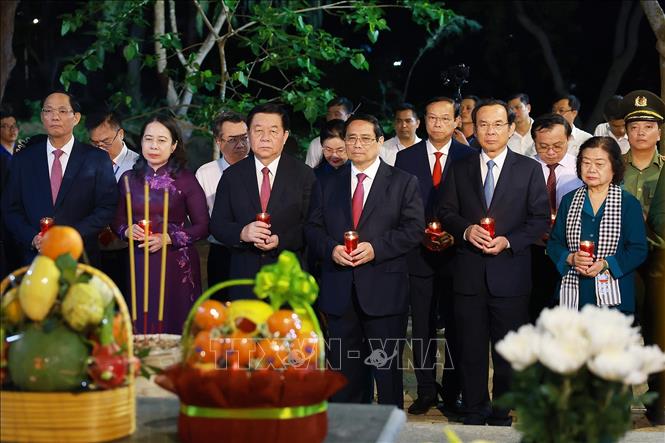







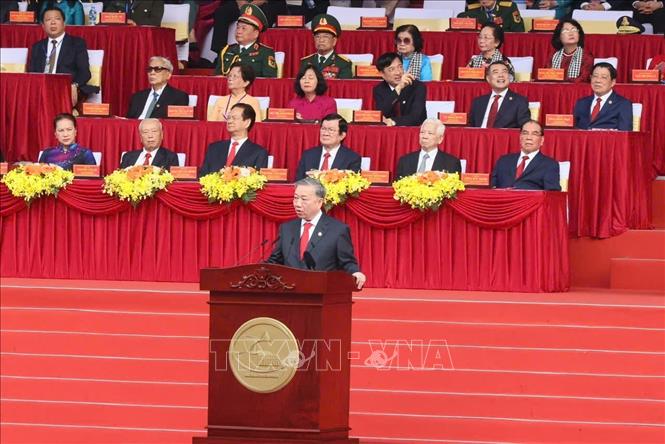



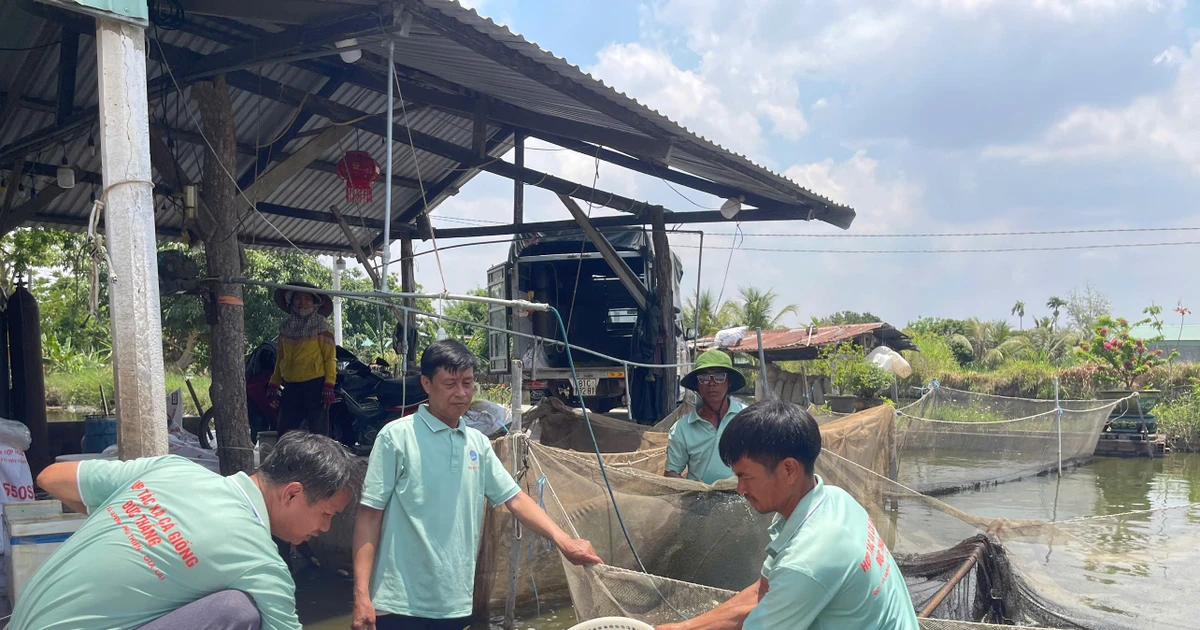

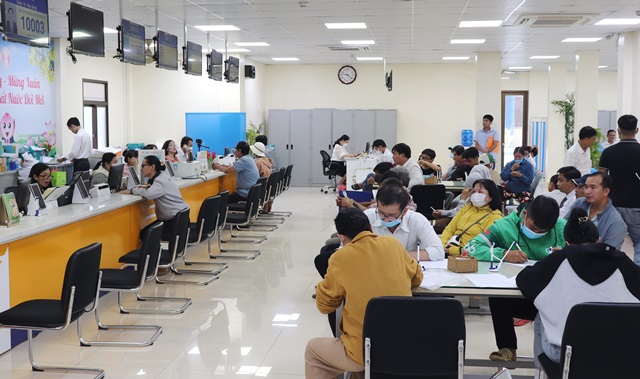

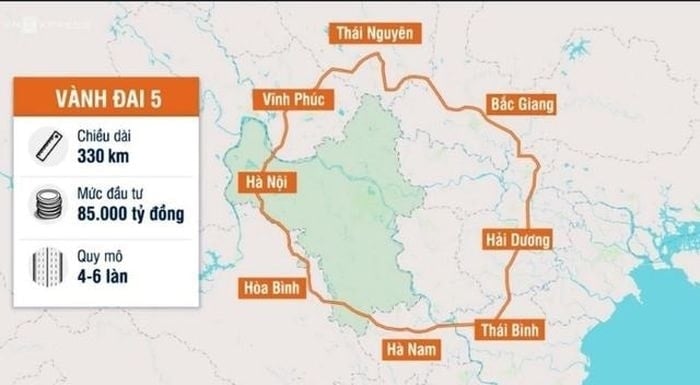





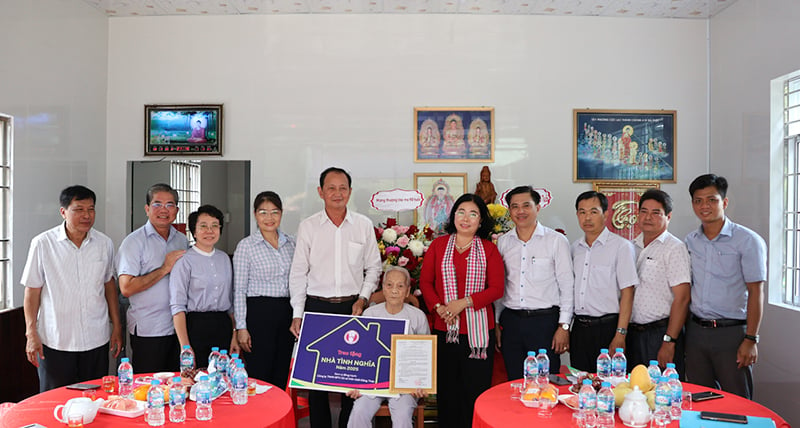


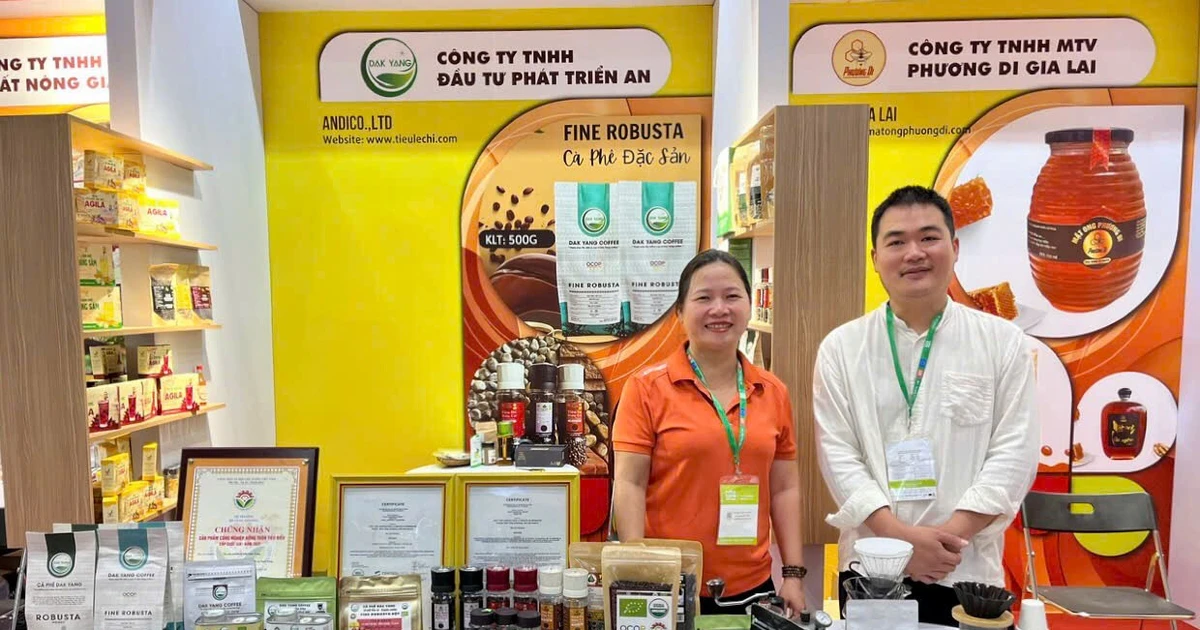
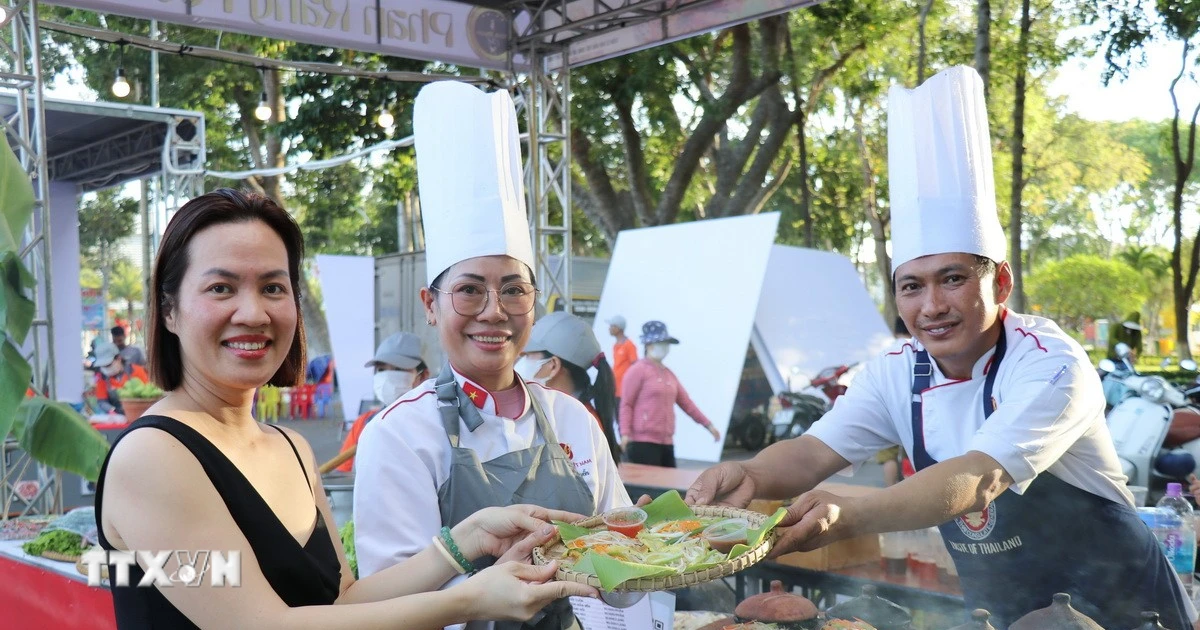




Comment (0)